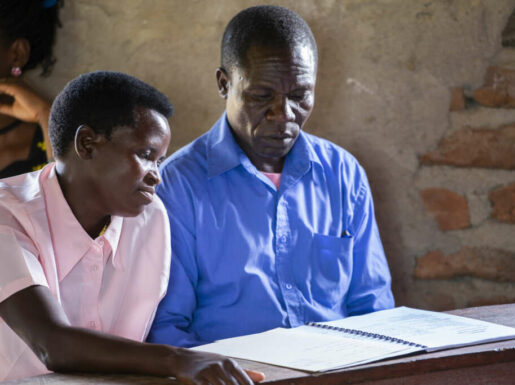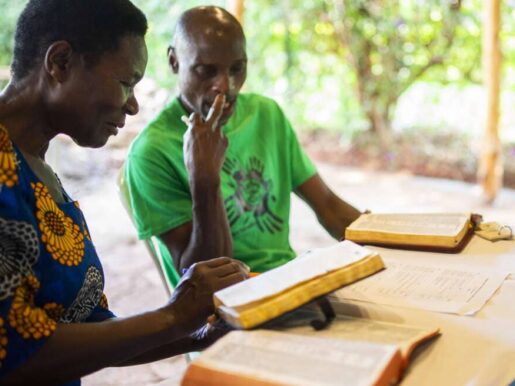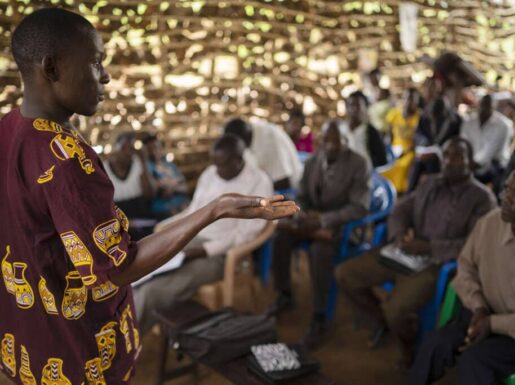
What does it profit a man if he gains the whole world but loses his soul? As a Christ-centered ministry, we can’t just focus on helping people break free from the chains of extreme physical poverty, knowing that they are spiritually bound, separated from Jesus Christ. There has to be more…
We call it Hope for Eternity. We are very church-centric. Just about everything we do is done through the local, in-country church. They’re already an established pillar in the community, and we want to spiritually strengthen them, their ministries, and their communities. A large number of our projects focus specifically on discipleship and training, resourcing church leaders and Bible clubs, and strengthening and rebuilding family relationships.
(And even programs like agriculture training are taught from a biblical perspective, so the mission of Hope for Eternity is woven in across the spectrum of projects.)
We seek to demonstrate the love of Jesus in tangible ways, and we serve the extreme poor regardless of religious background, but it is our ultimate hope that everyone we come into contact with will hunger to know Christ and come to salvation.
Click on each topic to learn more about our Hope for Eternity projects.
Resourcing Church Ministries
The average family in North America has four Bibles, yet in remote villages and urban slums around the world, most simply cannot afford one Bible of their own. The majority of us probably can’t imagine living the Christian life without access to the Word of God. Or running a children’s ministry without any materials.
We sow into a churches’ spiritual ministries by giving them resources such as:
- Bibles
- children’s Bible storybooks
- children’s ministry curriculum
- children’s ministry training
- pastoral resources and training
- resources for outreach activities
- resources for church growth and development
We also encourage churches to come together across denominations for joint church projects that address specific issues within their communities. These are often economic initiatives like grinding mills or oil presses. Multiple churches work together to run a business and 30% of the profits are given back to the churches to help the poor and vulnerable in their communities.
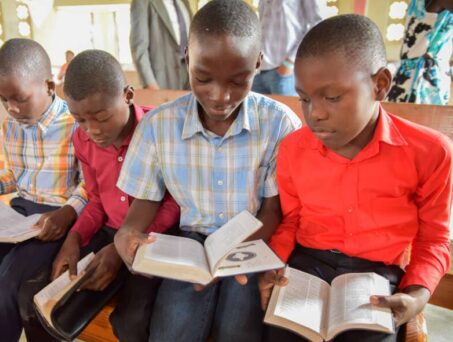
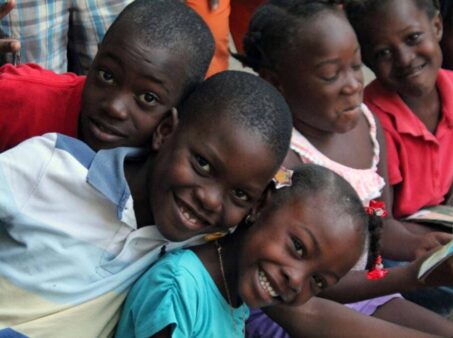
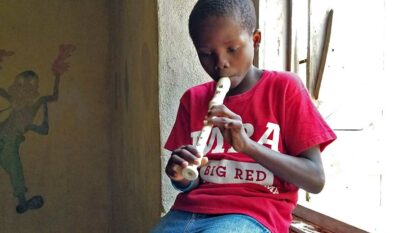
—Hertzley, 11-year-old in Haiti
Our work
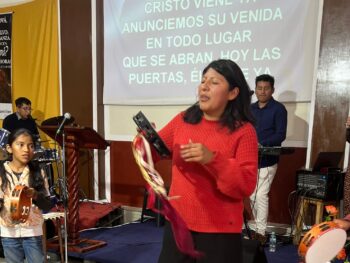

Leadership Development
Our goal is to help devoted indigenous pastors make the biggest impact in their churches and communities. They’ve proven to be the best at creating long-term change and sustainability, and they’re committed to sharing the message of Jesus Christ with people desperate for Hope, so, those are leadership skills we want to invest in! Through training and implementing what they’ve learned, a church’s influence for positive change is increased.
Leadership training includes:
- administration, diversified roles and responsibilities
- financial stewardship and reporting
- leading and mobilizing people
- spiritual gifts
- asset-based development
- advocating for the vulnerable
Church leaders are also challenged to share their knowledge and skills with other churches and leaders. By empowering the church to lead and influence the community, they can have greater impact and reach for sustainable growth.
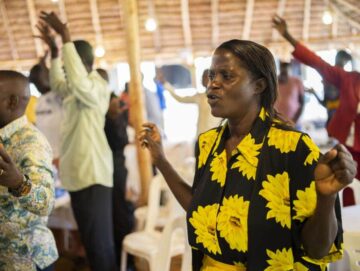
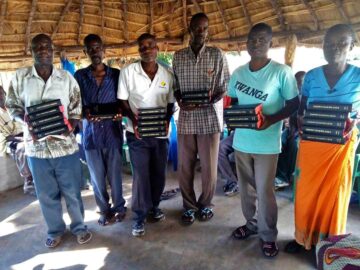
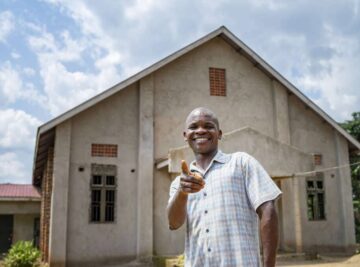
—Teddy, a single mother in Uganda
Our work


Discipleship
We want to help churches develop and grow in their Christian faith, compassion and spreading of the Gospel.
We strive to do this in several ways:
- Bible trainings in rural communities
- workshops
- Bible school scholarships
Through outreach activities (like rebuilding a widow’s home or repairing a road) and Bible extension programs (the local Bible school we partner with sends Bible trainers to rural churches), churches are able to reach the greater community for Christ.
—Anton, from partner church in Zambia
Our work


Stories of Hope and Transformation

